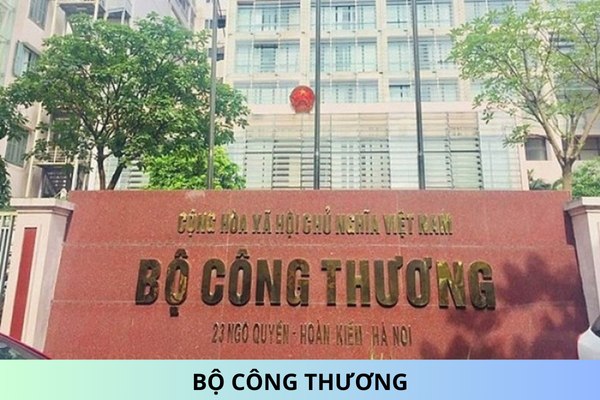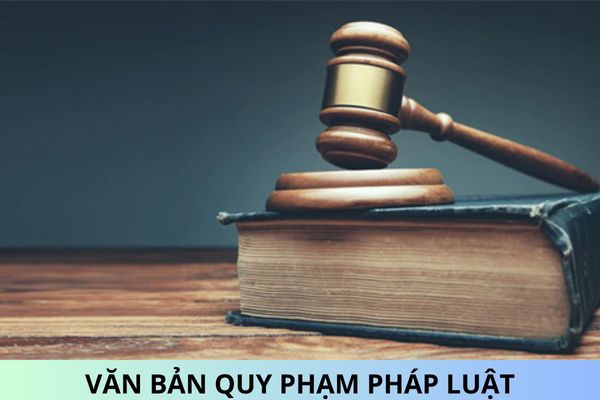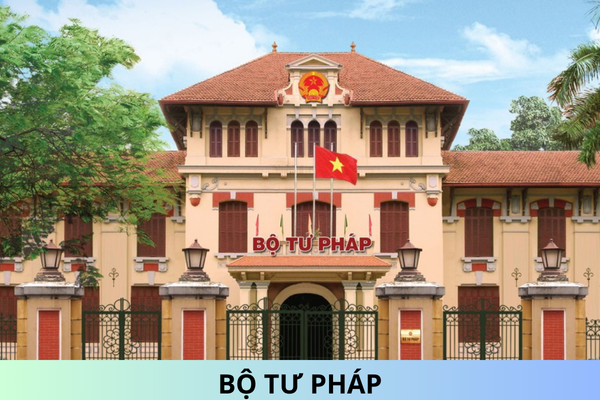Is the act of allowing a family member to interfere in an inspection, audit, or investigation considered a corrupt act in Vietnam?
Is the act of allowing a family member to interfere in an inspection, audit, or investigation considered a corrupt act in Vietnam? - Mr. Vu (Ha Noi)
Is the act of allowing a family member to interfere in an inspection, audit, or investigation considered a corrupt act in Vietnam?
Pursuant to Article 4 of Regulation 131-QĐ/TW in 2023 stipulating behavior of allowing a family member to take advantage of his or her position and authority as follows:
Corrupt and negative acts in the work of inspection, supervision, disciplinary execution of the Party and in the activities of inspection and audit
1. Bribery, receiving bribes, mediation, bribing persons with responsibility, position, authority or persons related to reduce or evade responsibility for violators.
2. Providing, disclosing information, documents, and files of the inspection subject to organizations and individuals who do not have the authority or responsibility, especially information, documents, and files that are in the process of inspection, supervision, disciplinary execution of the Party or inspection and audit.
3. Receiving money, property, other material benefits or non-material benefits, participating in recreational activities of the inspection subject or persons related to the inspection subject.
4. Taking advantage of close relationships or using the advantages, work position, reputation of oneself, others to influence, seek, put pressure on the inspection subject or organizations and individuals related to the inspection subject for personal gain or other personal motives.
5. Taking advantage of knowing internal information or unfavorable information of organizations and individuals to set conditions, put pressure on the inspection subject, persons with authority and responsibility in the performance of inspection, supervision, disciplinary execution of the Party, inspection and audit for personal gain or other personal motives.
6. Allow family members to take advantage of their position and authority to manipulate, interfere in the inspection, supervision, disciplinary execution of the Party, inspection and audit.
...
Therefore, one of the behaviors that is considered a corrupt act is that cadres, civil servants, and public employees allow family members to take advantage of their position and authority to interfere in inspections, audits, and investigations.
Is the act of allowing a family member to interfere in an inspection, audit, or investigation considered a corrupt act in Vietnam? - Source: Internet
Will cadres, civil servants, and public employees not be planned or transferred when they have corrupt and negative acts in inspection and audit in Vietnam?
Pursuant to Article 8 of Regulation 131-QĐ/TW in 2023 stipulating handling acts of abusing, misusing positions, powers, abusing power, corruption, and negativity as follows:
Handling acts of abusing, misusing positions, powers, abusing power, corruption, and negativity
...
2.2. Will not be planned, transferred, rotated, appointed, reappointed, awarded, promoted, recommended for election, nominated for equivalent and higher positions, recognized for positions, awarded titles, and rewarded in accordance with the regulations of the Party, the laws of the State.
Therefore, if cadres, civil servants, and public employees have corrupt and negative acts in inspection and audit, they will not be planned and transferred according to regulations.
What are criteria for assessing the corruption detection in Vietnam?
Pursuant to Article 19 of the Decree 59/2019/NĐ-CP stipulating criteria for assessing the corruption detection in Vietnam as follows:
Criteria for assessing detection and actions against corruption
1. The criteria for assessing the corruption detection consist of:
a) The results of detecting corruption via supervision, inspection and audit;
b) The results of detecting corruption via reflection, denunciation and reports on the violations;
c) The results of detecting corruption via investigations, prosecution, adjudication.
2. The criteria for assessing the actions against corruption consist of:
a) The results of disciplining, imposing administrative sanctions against violating organizations and individuals;
b) The results of taking actions against the heads in case corruption is found in their organizations;
c) The results of bringing criminal prosecution against offenders;
d) The amount of corrupted money, property proposed to be confiscated.
As regulations above, the criteria for assessing the corruption detection consist of:
(1) The results of detecting corruption via supervision, inspection and audit;
(2) The results of detecting corruption via reflection, denunciation and reports on the violations;
(3) The results of detecting corruption via investigations, prosecution, adjudication.
Best regards!











